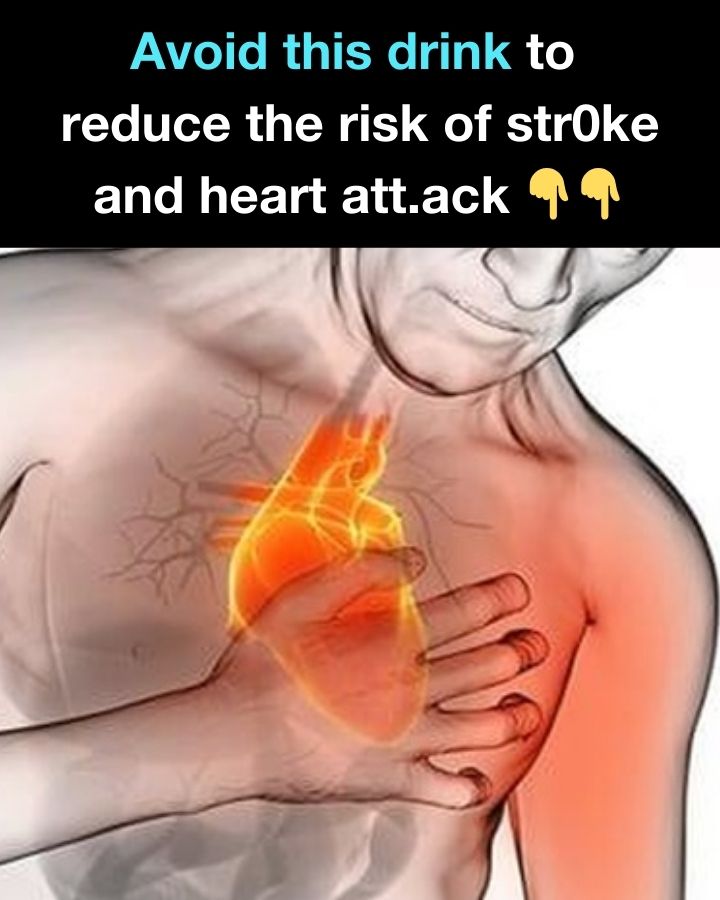A recent study has found that simply changing how fast you walk could significantly benefit your heart health.
Most of us know someone who walks at lightning speed, and trying to keep pace can be exhausting. But according to new research, that fast walker might actually be doing their heart a big favor.
Published in the journal Heart, the study found that walking at a quicker pace is linked to a lower risk of several heart rhythm disorders—specifically atrial fibrillation, bradyarrhythmias, and ventricular arrhythmias.
Atrial fibrillation is an irregular heartbeat that starts in the upper chambers of the heart, often leading to symptoms like fatigue, palpitations, shortness of breath, and dizziness. Bradyarrhythmias refer to an unusually slow heart rate, typically under 60 beats per minute, while ventricular arrhythmias stem from the heart’s lower chambers and can cause dangerously fast heartbeats.

The study found that people who walked at a brisk pace were less likely to develop any of these rhythm problems.
Dr. Jill Pell of the University of Glasgow, the study’s senior author, emphasized that walking is a simple, accessible way to boost heart health. “Walking is free, and you don’t need a gym membership or equipment. Just step outside and go,” she told CNN. “While treatments for heart rhythm issues exist, it’s far better to prevent them before they start.”
To reach their findings, researchers analyzed data from participants in the UK Biobank study, which began in the early 2000s. Participants reported their usual walking pace—slow, average, or brisk.
Results showed that around 6.5% of people walked slowly, 53% at an average pace, and 41% at a brisk pace. Those who walked at an average speed had a 35% lower risk of developing heart rhythm issues, while brisk walkers saw a 43% reduction in risk.

In a subset of nearly 82,000 participants who wore activity monitors, the data revealed that walkng just 5–15 minutes a day at a moderate pace (about 3–4 mph) was enough to significantly reduce the likelihood of heart rhythm disorders.
Interestingly, the positive effects were most noticeable in participants under the age of 60, and particularly in women.
Dr. Pell explained this is significant because while women are generally less likely to develop atrial fibrillation than men, they tend to face greater risks of heart attack and stroke if they do.
She did note some limitations in the research, specifically that people with undiagnosed health issues might naturally walk more slowly. However, researchers took steps to minimize this risk by including only participants who were free from cardiovascular conditions at the start of the study.

Still, Dr. Pell believes further research is needed to confirm the findings. “We now need an intervention study—where people who walk slowly are encouraged to increase their pace—to see if these improvements hold true,” she said.
Avoid this drink to reduce the risk of str0ke and heart att.ack

When we feel tired and lacking energy, our first action is often finding a cup of coffee. Energy drinks are the other common “solution.” One of the most famous drinks, Red Bull, is even considered as a drink that “gives us wings.”
The popular energy drink Red Bull has been related to cardiovascular problems, including str0ke and heart att.ack.
Red Bull stiffens the blood and offers the body with unnatural stimulation.

One hour after drinking a single can of Red Bull, the blood consistency of the research participants became abnormal and resembled that of a heart patient, which reported by Scott Willoughby, a senior researcher at the Cardiovascular Research Center at the Royal Adelaide Hospital in Australia.
The main components in Red Bull are caffeine and sugar. It also consists of aspartame, the artificial sweetener that has neurotoxic, metabolic, allergic, and carcinogenic effects. The original manufacturer of Red Bull in Austria even concerns its customers not to drink more than two cans per day.

In addition to the negative effects related with its high caffeine content, Red Bull consists of various chemicals that have not yet been properly studied.
Many people mix it with alcohol, which boosts the potential dangers. This combination can overload the body and lead to serious health problems.
So what option is there when you drink extra amounts of caffeinated beverages ?

Many experts advise doing the following things to increase your energy levels:
- Enhance your diet
- Eat more omega-3 fatty acids
- Eat less sugar
- Lessen your stress level
- Get enough good quality sleep
- Exercise regularly